Some memories, especially painful ones, have the power to bring the past back to life with the clarity of a pointed dagger. That’s why House Democrats dusted off the figure of John Dean, the Watergate whistle-blower, and set him before the American public. In their relentless campaign to destroy Donald Trump and his presidency, they reckoned that Mr. Dean would demonstrate a link between the Donald and Tricky Dick. In the event it was a bridge to nowhere. The novelist Thomas Wolfe said it best: “You can’t go home again.”
Nancy Pelosi’s Democrats, who control the partisan machinery of the U.S. House of Representatives, claim a responsibility to hold the president accountable for every misdeed in office. But their strategy of resist, rage and rout was set the moment the 2016 presidential election was called. At the invitation of Jerrold Nadler, chairman of the House Judiciary Committee, Mr. Dean, who was Richard Nixon’s lawyer, appeared before the committee on Monday as part of the campaign to do what Robert Mueller couldn’t.
The “historical context” that Mr. Dean was called in to provide, like a medical specialist flying in to attend a hopeless case, was meant to amplify the ways that the subject of the Mueller Report is an “echo” of Watergate. Most prominent, according to his testimony, is the parallel between Richard Nixon’s order that the FBI halt its investigation into the break-in at the Democratic National Committee at the Watergate Hotel, and Mr. Trump’s request to FBI director James Comey to go easy on Lt. Gen. Michael Flynn, who had just resigned from his post as national security adviser. The FBI said he had lied about his telephone conversations with the Russian ambassador to the United States.
Mr. Dean testified that in his opinion the subsequent firing of Mr. Comey for refusing to “lift the cloud” over the Trump presidency by saying that Mr. Trump himself was not under investigation, mirrors the obstruction of justice Mr. Nixon committed. “The Comey firing echoes Nixon’s firing of Special Prosecutor Archibald Cox in the infamous ‘Saturday Night Massacre’ in October 1973.”
The crucial difference, which Mr. Dean left out of his analysis, is that Robert Mueller found that neither President Trump nor anyone in his campaign colluded with Russians, so there was no crime to cover up. Therefore, there was no obstruction of justice. No harm, no foul.
John Malcolm, a constitutional scholar at the Heritage Foundation, filled in the missing “context” for the House committee, clarifying the reason why Mr. Mueller’s investigators did not say the president committed a crime: “Certainly, any prosecutor considering charging someone with obstruction of justice would give considerable weight [to the fact] that the person did not, in fact, commit the underlying offense that was being investigated, as happened here.”
Mr. Trump scoffed at Dean redux. “Can’t believe they are bringing in John Dean, the disgraced Nixon White House Counsel who is a paid CNN contributor,” Mr. Trump tweeted. “No Collusion – No Obstruction! Democrats just want a do-over which they’ll never get!” (Exclamation points his.)
There is one striking parallel between Watergate and the Russian collusion controversy, which Mr. Dean did not address, spying on a rival political campaign. In the case of Watergate, five burglars were caught breaking into the offices of the Democratic National Committee. In the Russia-collusion probe, officials of the Obama Justice Department had initiated “Crossfire Hurricane,” a secret investigation into suspected Russian collusion that led to spying on the Trump campaign.
Attorney General William Barr has opened an investigation into whether that domestic spying operation was warranted. Careful not to prejudge anything that culminated in the Mueller inquiry, Mr. Barr has turned everything over to John Durham, a U.S. attorney in Connecticut.
Democrats counted on the Mueller Report to provide the evidence of crimes needed to send Mr. Trump to a place where the sun rarely shines. When it didn’t, all that was left to do was to grasp flimsy parallels to the past. They reckon that by keeping the spotlight on the Mueller Report, they can divert attention from the architects of Obama-era espionage and their text messages vowing to thwart his election.
If there are lessons to be gleaned from John Dean’s reflections on the Mueller Report, it’s that any comparison between Richard Nixon and Donald Trump is a contrivance. Now the investigators themselves face investigation. Turnabout is rarely fun.
© Copyright (c) 2019 News World Communications, Inc.
—-
This content is published through a licensing agreement with Acquire Media using its NewsEdge technology.



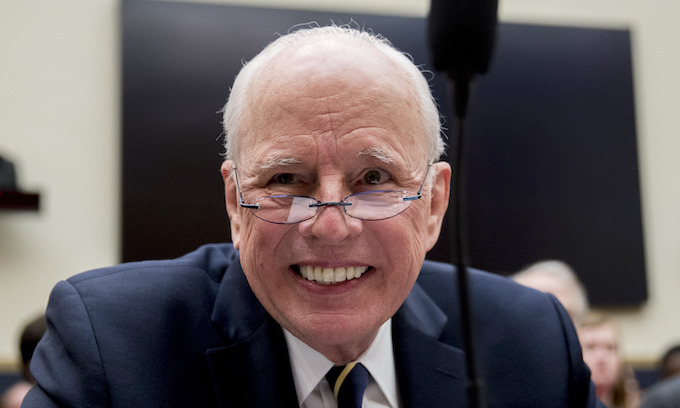

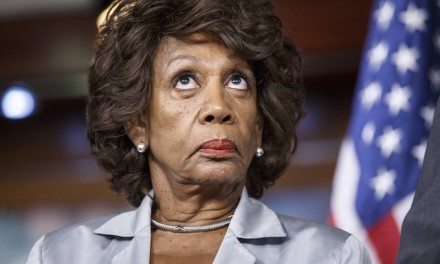
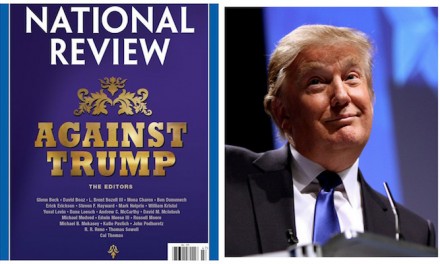
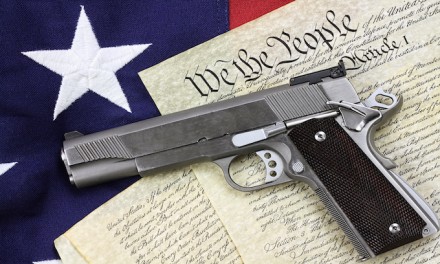







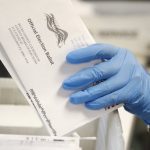



Recent Comments